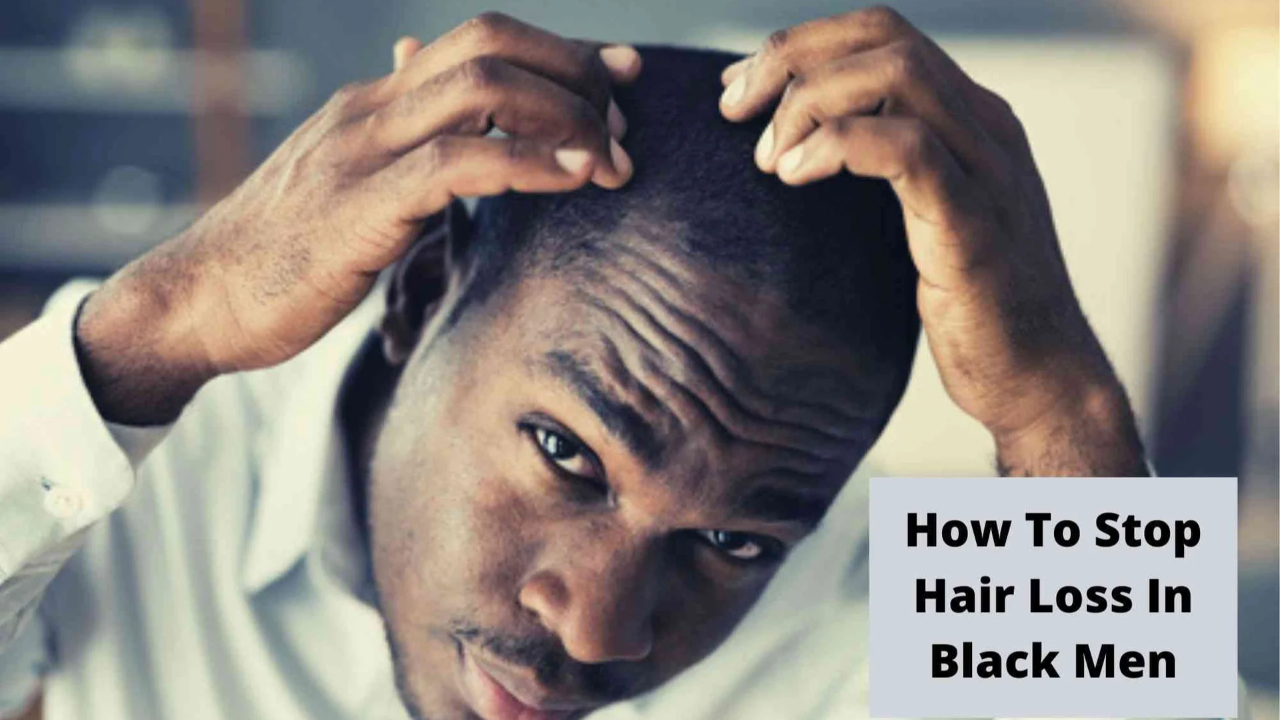Understanding Hair Loss in Men: Causes, Treatments & Hope
Aug 04, 2025
Hair loss can be a distressing experience for men of all ages. Whether it's a receding hairline, thinning crown, or patchy loss, the emotional toll can be just as significant as the physical change. But here's the good news hair loss is common, manageable, and in many cases, reversible.
Why Do Men Lose Their Hair?
Hair loss in men is usually caused by one or more of the following:
1. Genetics (Androgenetic Alopecia)
Often called male pattern baldness, this hereditary condition affects nearly two-thirds of men by age 35. It typically starts with a receding hairline or thinning at the crown.
2. Hormonal Changes
Testosterone and its derivative, DHT (dihydrotestosterone), can shrink hair follicles over time, leading to shorter, finer hair and eventually, no hair at all.
3. Stress & Lifestyle
Chronic stress, poor nutrition, smoking, and lack of sleep can all contribute to temporary or long-term hair thinning.
4. Medical Conditions
Autoimmune diseases (like alopecia areata), thyroid issues, and scalp infections can also cause hair to fall out.
5. Medications
Some treatments for high blood pressure, depression, and cancer may list hair loss as a side effect.
Treatment Options for Men’s Hair Loss
The earlier you take action, the better the results. Here are the most effective solutions available today:
🧴 Topical Treatments
-
Minoxidil (Rogaine) is an FDA-approved over-the-counter product that stimulates hair growth and slows hair loss.
💊 Prescription Medications
-
Finasteride (Propecia) blocks DHT and can prevent further loss.
🧪 Scalp Therapies
-
Treatments like RejeuvaScalp Jet Therapy use saline and oxygen to cleanse the scalp, improve circulation, and encourage follicle health — ideal for men with inflammation or buildup.
💉 PRP (Platelet-Rich Plasma) Therapy
-
A natural solution that uses your own blood's growth factors to stimulate dormant hair follicles.
🧠 Lifestyle Adjustments
-
Nutrient-rich diets, stress management, and better sleep can all support hair health.
When to Seek Help
If you're noticing significant hair shedding, pattern changes, or scalp discomfort, it’s time to consult a professional. A trichologist or dermatologist can help diagnose the cause and guide you toward the right treatment plan.
Final Thoughts
Hair loss is personal, but it doesn't have to be permanent. With the right approach whether medical, cosmetic, or therapeutic you can take control of your hair health. Remember: confidence starts from within, but a good scalp strategy certainly helps.


